Deck & Commander Strategies
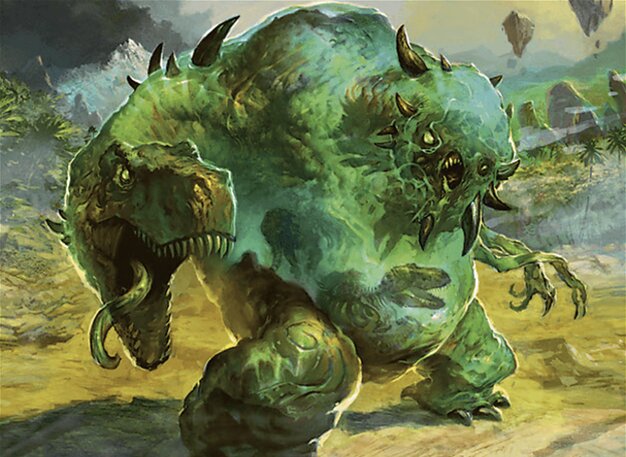
The Mimeoplasm
Utilize self-mill to fill the graveyard, then leverage the commander’s ability to exile creatures from graveyards, becoming a large threat by copying and combining stats from exiled creatures.
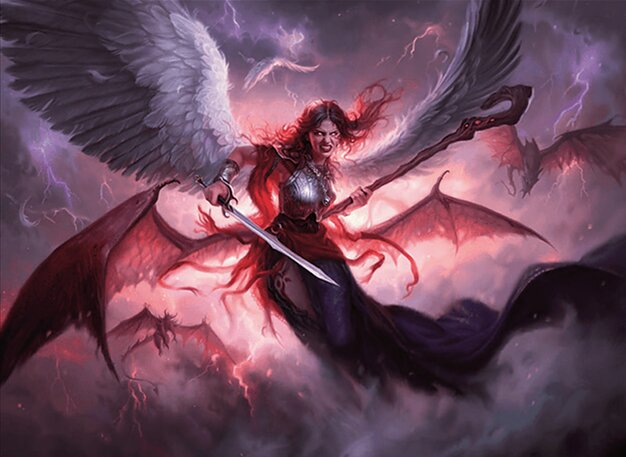
Kaalia of the Vast
Deploy powerful Angels, Demons, and Dragons by cheating them into play via attacks, aiming to overwhelm opponents with high-impact creatures.
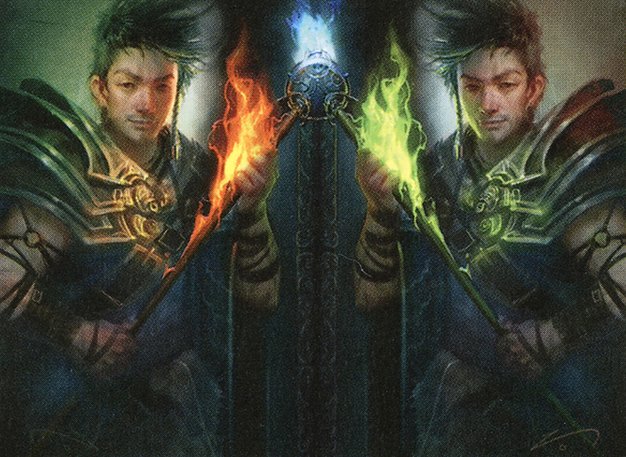
Riku of Two Reflections
Copy spells and creatures to generate value and board presence, relying on doubling the effects of ramp, creatures, and spells for incremental advantage.

Zedruu the Greathearted
Play a political deck that gives away permanents to opponents, leveraging the unique interactions to gain advantage while controlling the board through political manipulation.
Gameplay Insights
- 1
The dated mana bases in these 2011 pre-constructed decks significantly slowed early game development, making ramp and casting higher-cost spells challenging.
- 2
Despite the iconic nature of commanders like Kaalia and The Mimeoplasm, lack of supporting synergy and key creature types in some decks hampered their typical strategies.
- 3
Soul Ring remained a critical ramp piece across nearly all decks, highlighting its enduring value even in early Commander sets.
- 4
Zedruu’s giveaway mechanic was underwhelming in this stock build due to a lack of supporting cards designed to capitalize on that strategy.
- 5
Players had to adapt to slower, more incremental gameplay typical of early Commander, focusing on surviving and gradually building board presence rather than explosive plays.
Notable Cards
-

The Mimeoplasm
-

Riku of Two Reflections
-

Kaalia of the Vast
-
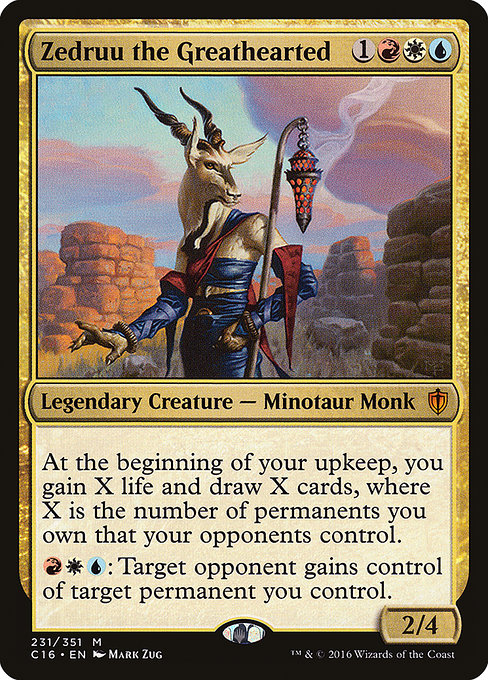
Zedruu the Greathearted
-
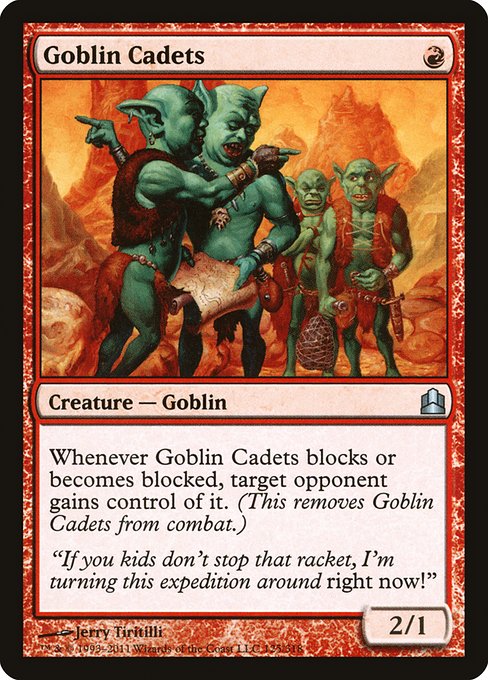
Goblin Cadets
Gameplay Summary
The game featured four iconic 2011 pre-constructed Commander decks led by Riku of Two Reflections, Kaalia of the Vast, The Mimeoplasm, and Zedruu the Greathearted.
Early turns saw players struggling with the dated mana bases and minimal interaction typical of the era, with ramp and card advantage being limited mostly to Soul Ring and a few other basic ramp spells.
The Mimeoplasm deck attempted its classic graveyard self-mill strategy, aiming to leverage its commander’s unique ability to exile and copy creatures from graveyards, while Riku looked to copy spells and creatures but faced a sparse ramp and slower development.
Kaalia's deck, surprisingly, lacked its signature Angels, Demons, and Dragons creatures, leading to a much less threatening board presence than expected.
Meanwhile, Zedruu’s political puppets deck was slow to get going and lacked synergy around its giveaway mechanic, limiting its impact early in the game.
The game’s pace was notably sluggish as players navigated the limitations of early Commander pre-cons, with no major board wipes or combos occurring yet and a heavy reliance on incremental advantage and creature combat.

















![Commander VS S5E5: ??? vs ??? vs ??? vs ??? [MtG Multiplayer] thumbnail](https://i.ytimg.com/vi/IoN5gMmHpbg/sddefault.jpg)





![Commander VS S5E1: Liliana vs Tasigur vs Kangee vs The Mimeoplasm [MTG Multiplayer] thumbnail](https://i.ytimg.com/vi/u35l-cgkQEY/sddefault.jpg)
![Commander Versus Series: Mimeoplasm v. Melek v. Maelstrom Wanderer v. Prossh [MTG Multiplayer] thumbnail](https://i.ytimg.com/vi/H3JROxdcaPo/sddefault.jpg)



![Random Deck Roulette! [Commander VS 291] | Magic: the Gathering Commander Gameplay thumbnail](https://i.ytimg.com/vi/L2Xh88xu-bk/sddefault.jpg)

![Commander VS: Meren vs Kaalia vs Derevi vs Freyalise [Commander Anthology] thumbnail](https://i.ytimg.com/vi/Qx6Xp6fw7sU/sddefault.jpg)





![Commander VS S4E8: Kalemne vs Ben-Ben vs King Macar vs Riku [MtG: Multiplayer] thumbnail](https://i.ytimg.com/vi/LlBNha-y_mo/sddefault.jpg)
